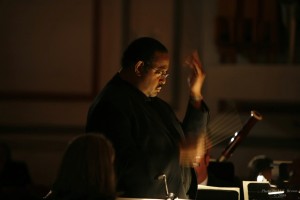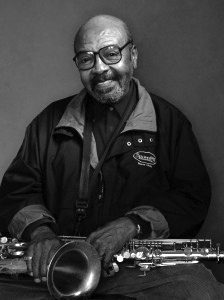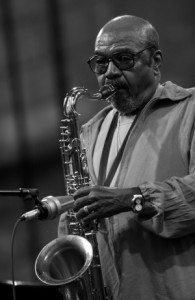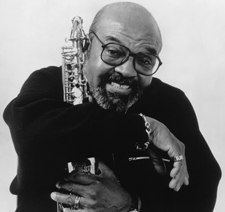 For decades, colleges founded for African-Americans sent their choirs on national tours each year, in hopes that the soaring music would lure high school students to enroll. The practice was revived about two years ago with the enthusiastic support of Chancellor Charlie Nelms. NCCU’s University Choir will start its 12-day tour on March 3, with performances at Greensboro’s Dudley and Smith high schools.
For decades, colleges founded for African-Americans sent their choirs on national tours each year, in hopes that the soaring music would lure high school students to enroll. The practice was revived about two years ago with the enthusiastic support of Chancellor Charlie Nelms. NCCU’s University Choir will start its 12-day tour on March 3, with performances at Greensboro’s Dudley and Smith high schools.
Students led by Choir Director Richard Banks will go on to perform in Philadelphia, Detroit, Chicago and Baltimore, among other cities.
“It’s going to be a wonderful extension of the students’ educational experience and outreach for the university,” said Banks. “We are NCCU’s ambassadors.”
In past years, the singers, sometimes referred to as the Touring Choir, performed mostly in the churches of NCCU alumni, who invited the choir and often helped pay its travel expenses. NCCU’s hope was that alumni chapter members in each city would bring high school students from their communities to the performance. Those youngsters would be inspired by the choir and would then seriously consider applying to NCCU.
Recently, that strategy has changed as university officials found that going directly to high schools better targets large numbers of prospective students. “This is the only way to do it,” said Banks. Nelms designated the funding to help finance the tour and a member of the university’s recruitment office will accompany the choir.
The choir still performs at a few churches during the tour. And in some cities, alumni who were University Choir members while at NCCU will sing with the present-day members.
NCCU students will have a chance to see historic sites in Philadelphia and will visit the National Aquarium in Baltimore.
Many of the stops are at www.nccu.edu.


 James Moody was born in Savannah, Georgia on March 26, 1925. Growing up in New Jersey, he was attracted to the saxophone after hearing Don Byas and various saxophonists who played with Count Basie. He joined the US Army Air Corps in 1943 and played in the “negro band” on the segregated base. Following his discharge from the military in 1946 he played with Dizzy Gillespie for two years. Moody later played with Gillespie in 1964, where his colleagues in the Gillespie group, pianist Kenny Barron and guitarist Les Spann, would be musical collaborators in the coming decades.
James Moody was born in Savannah, Georgia on March 26, 1925. Growing up in New Jersey, he was attracted to the saxophone after hearing Don Byas and various saxophonists who played with Count Basie. He joined the US Army Air Corps in 1943 and played in the “negro band” on the segregated base. Following his discharge from the military in 1946 he played with Dizzy Gillespie for two years. Moody later played with Gillespie in 1964, where his colleagues in the Gillespie group, pianist Kenny Barron and guitarist Les Spann, would be musical collaborators in the coming decades.
 Moody was an NEA Jazz Master and often participated in educational programming and outreach.
Moody was an NEA Jazz Master and often participated in educational programming and outreach.